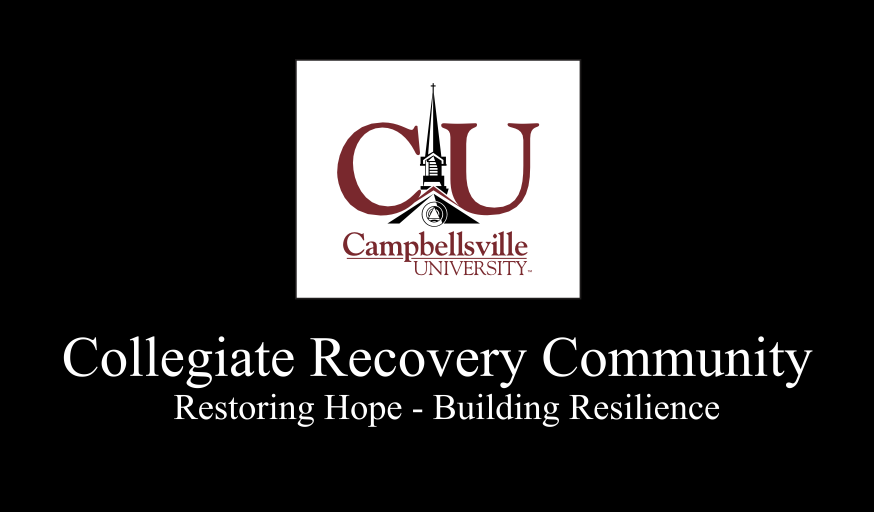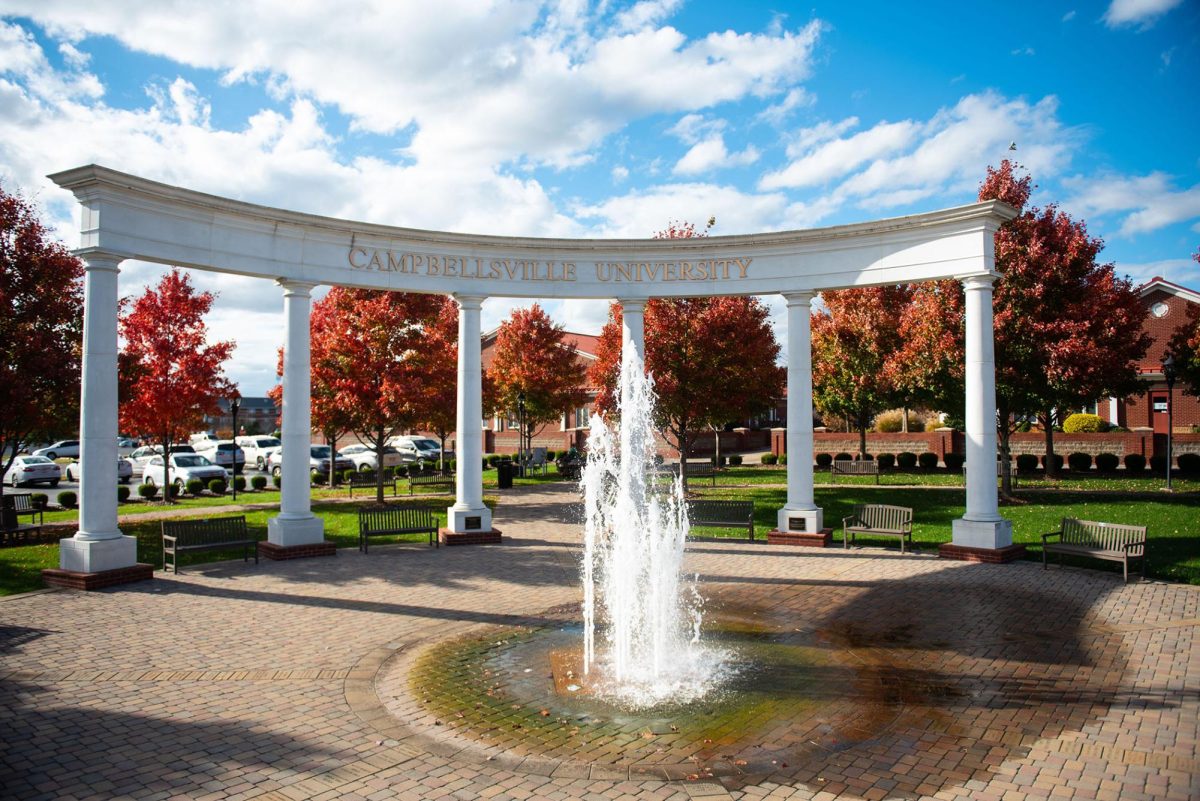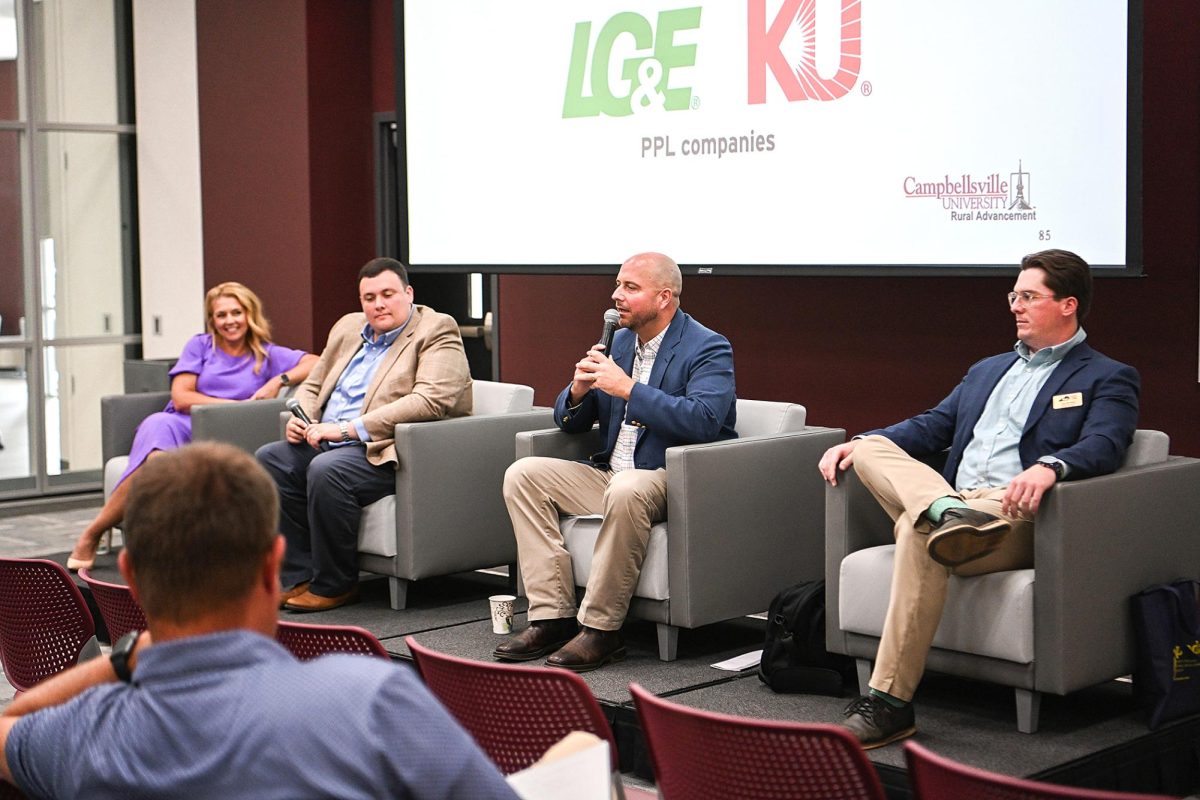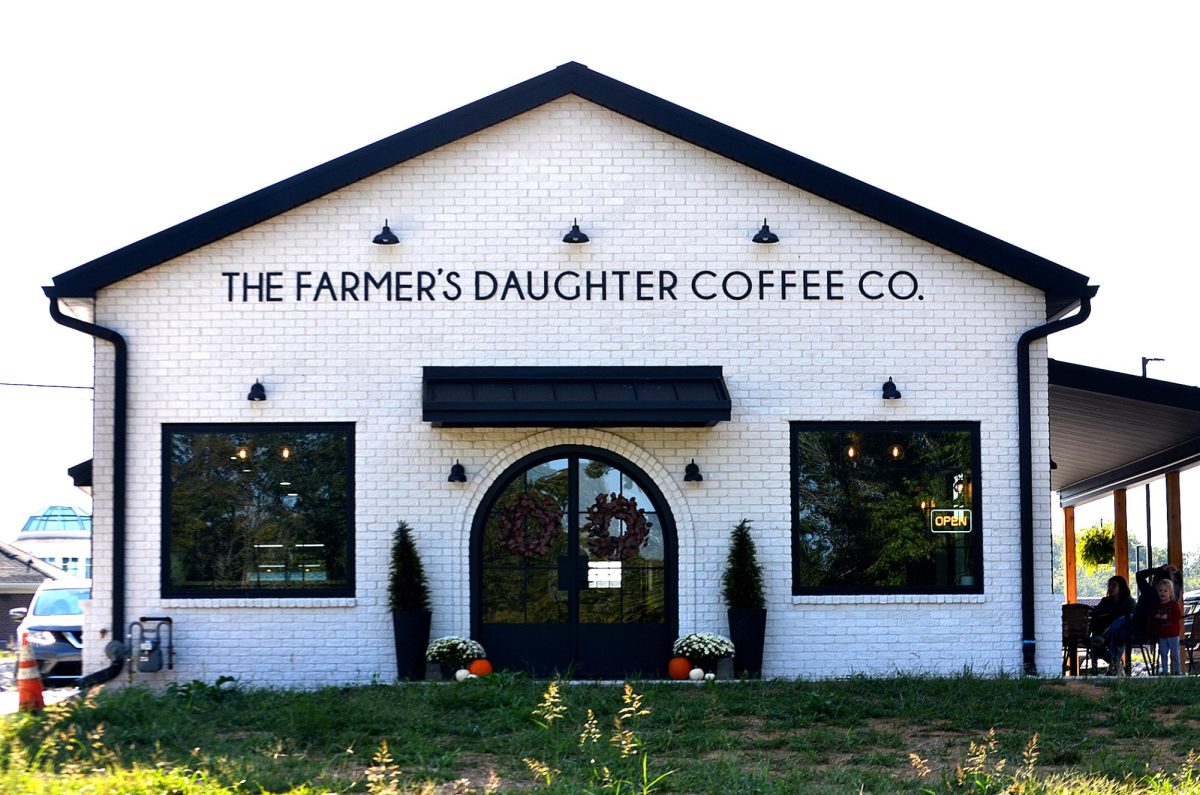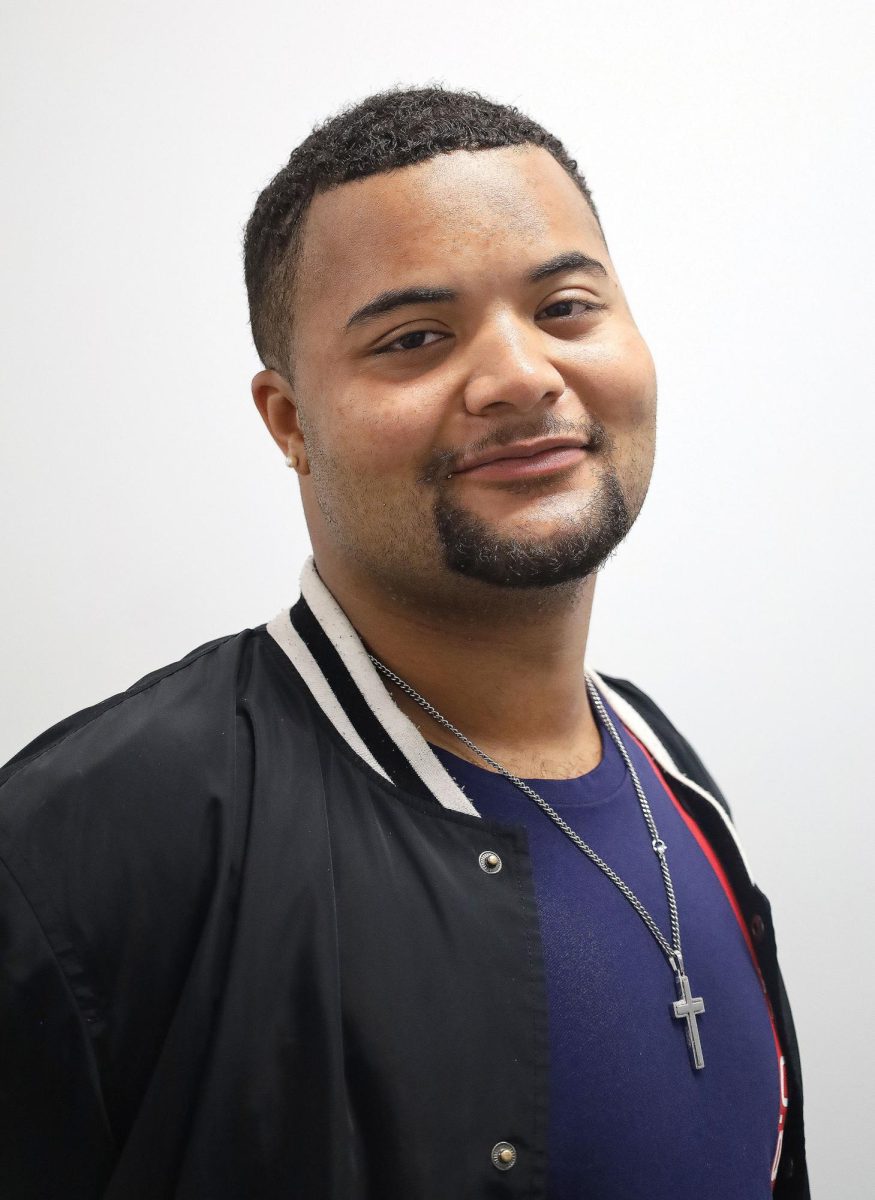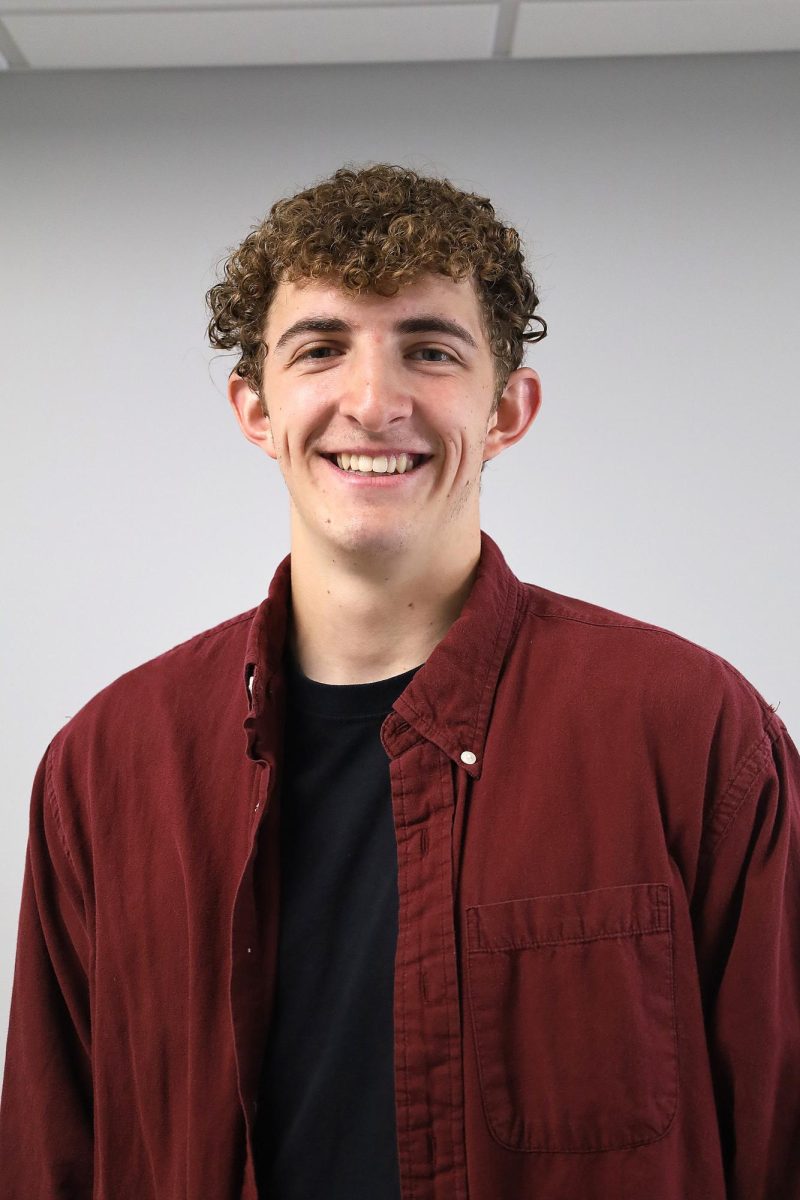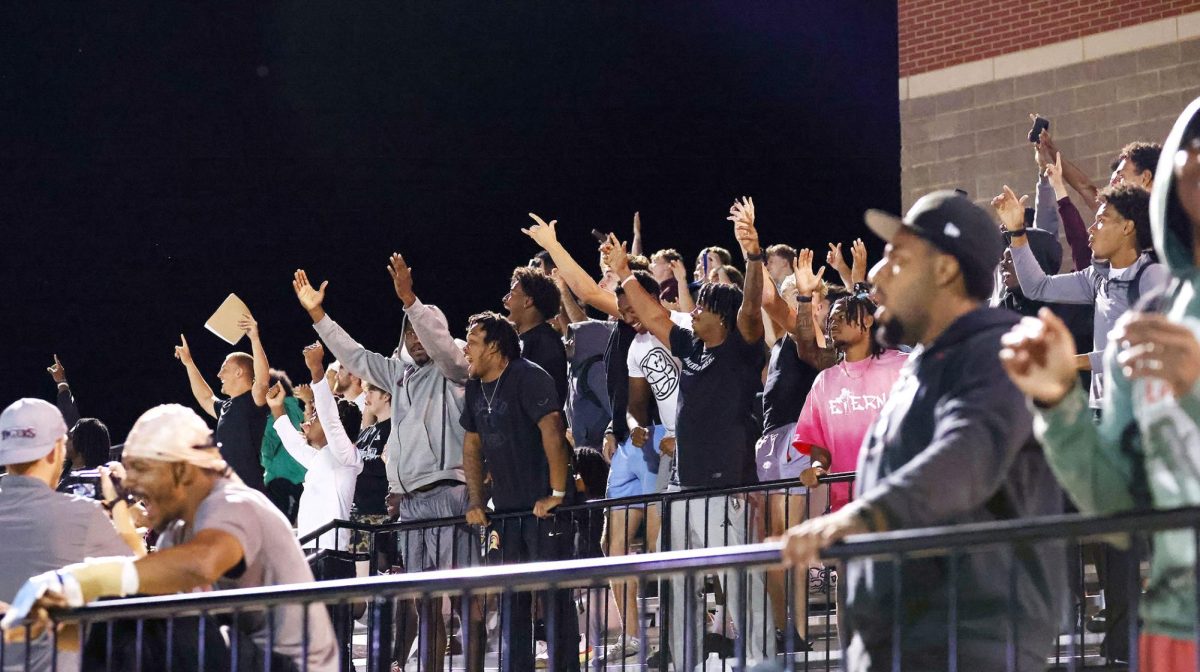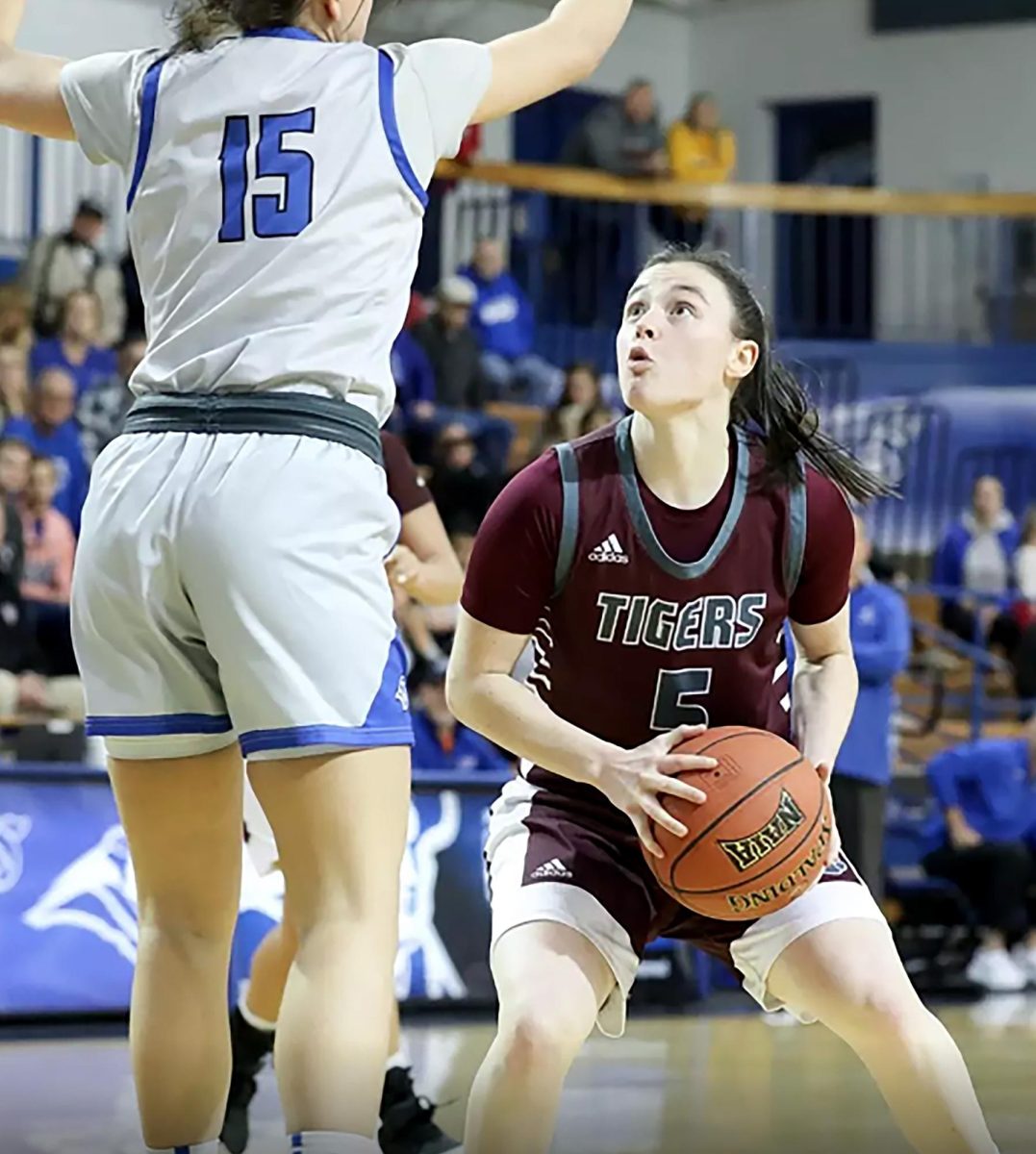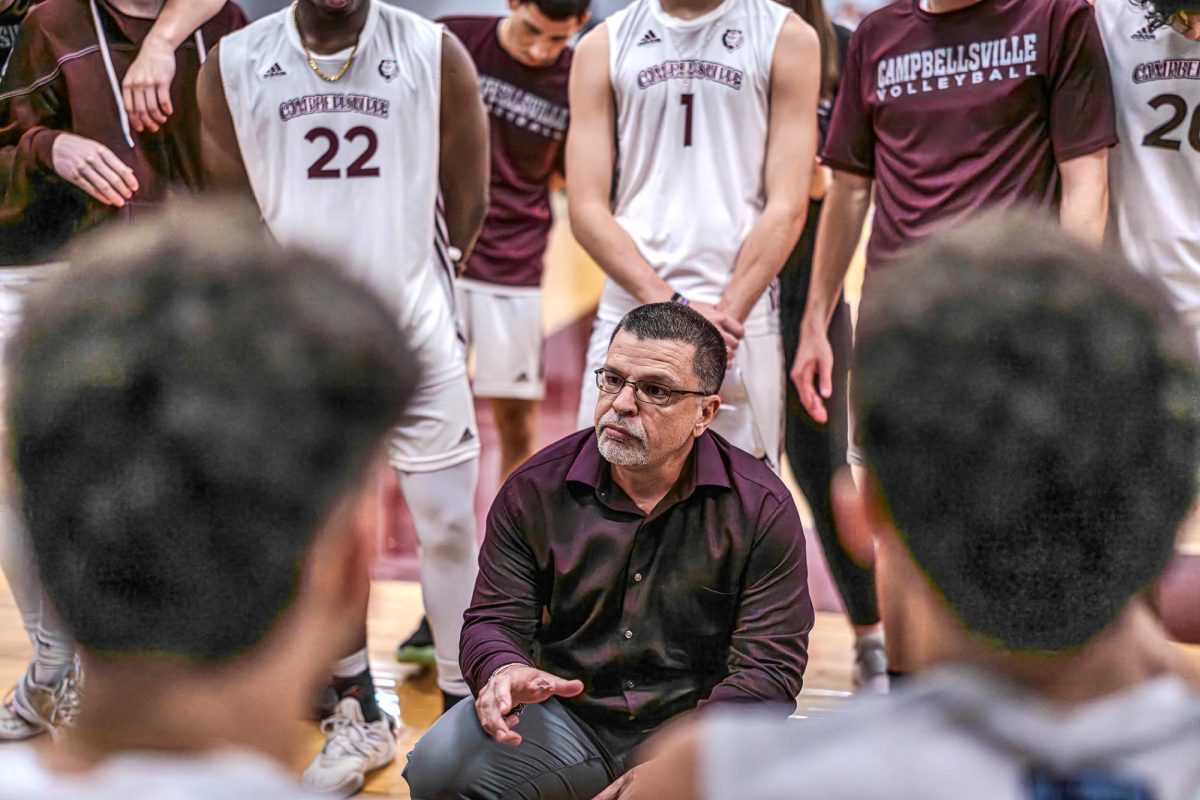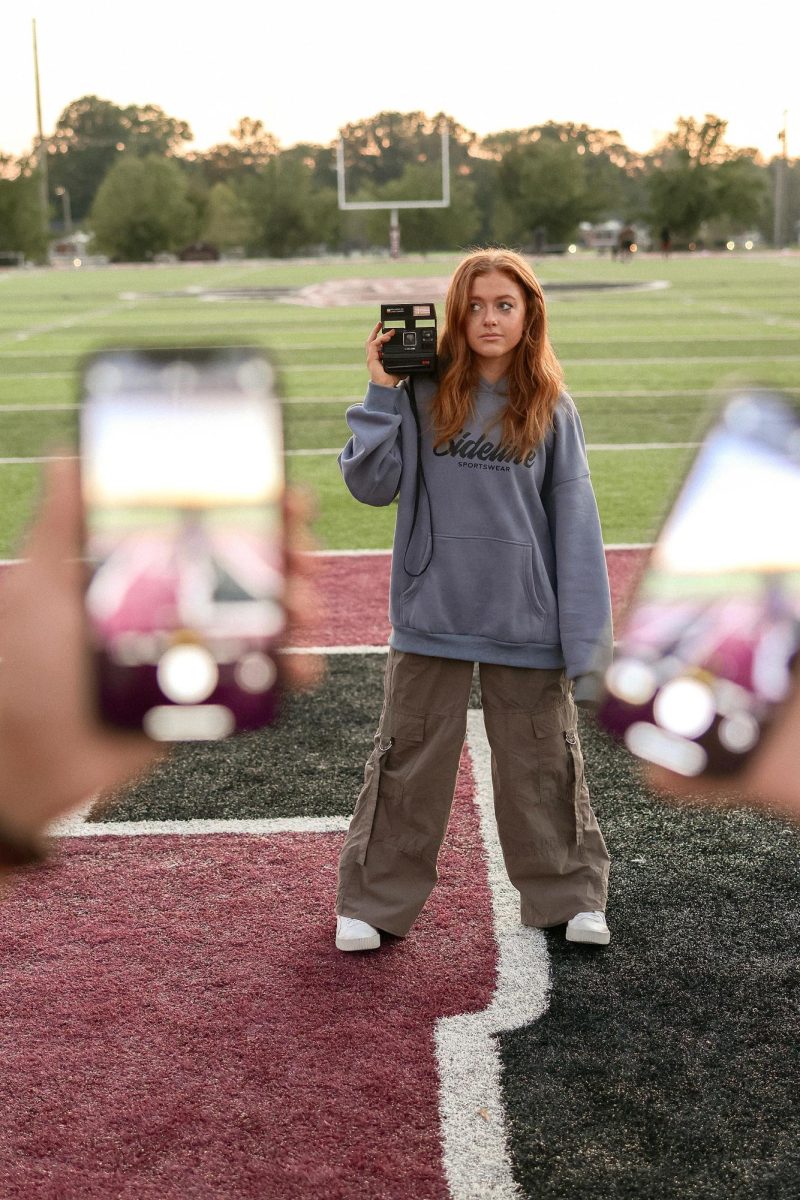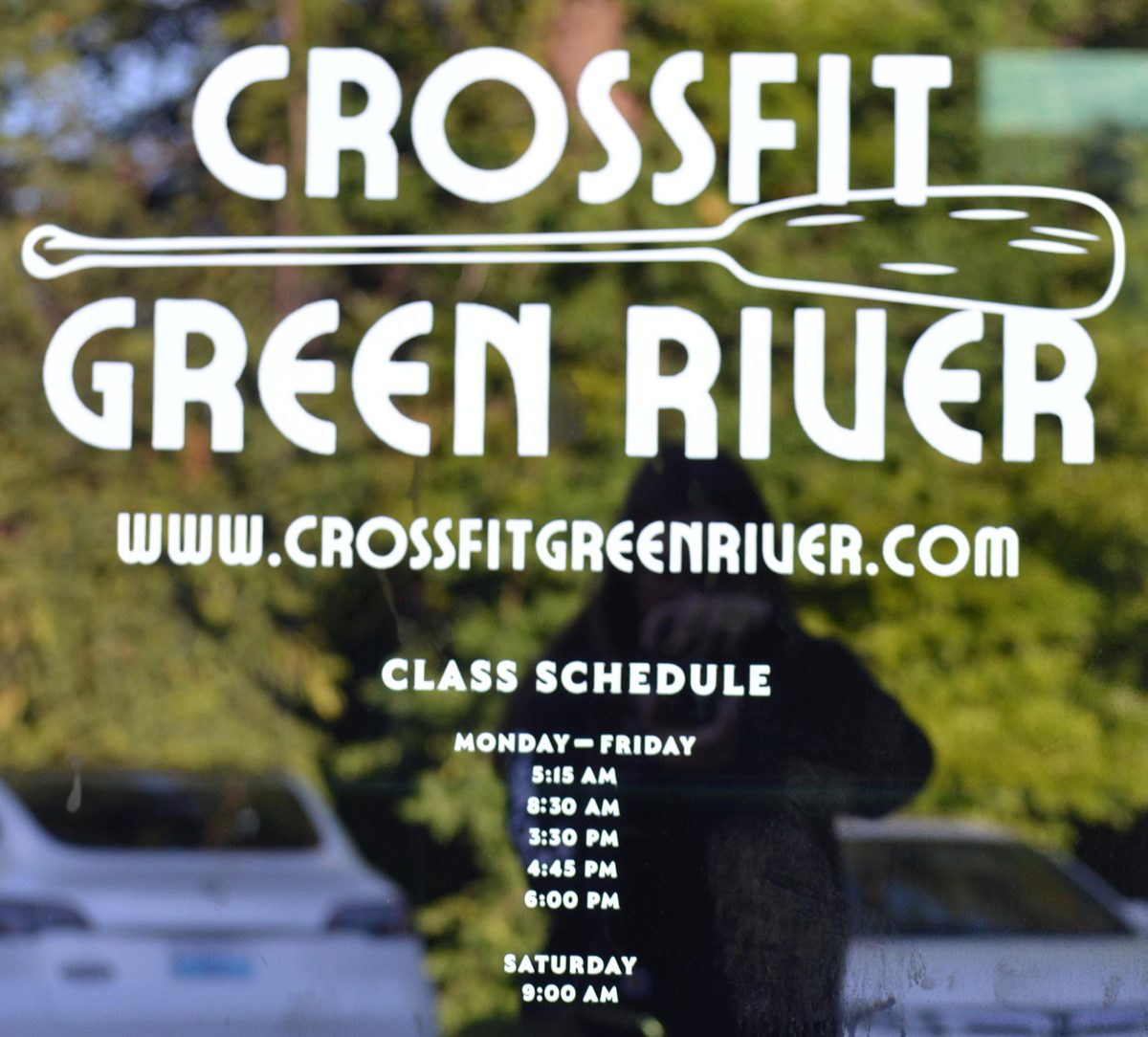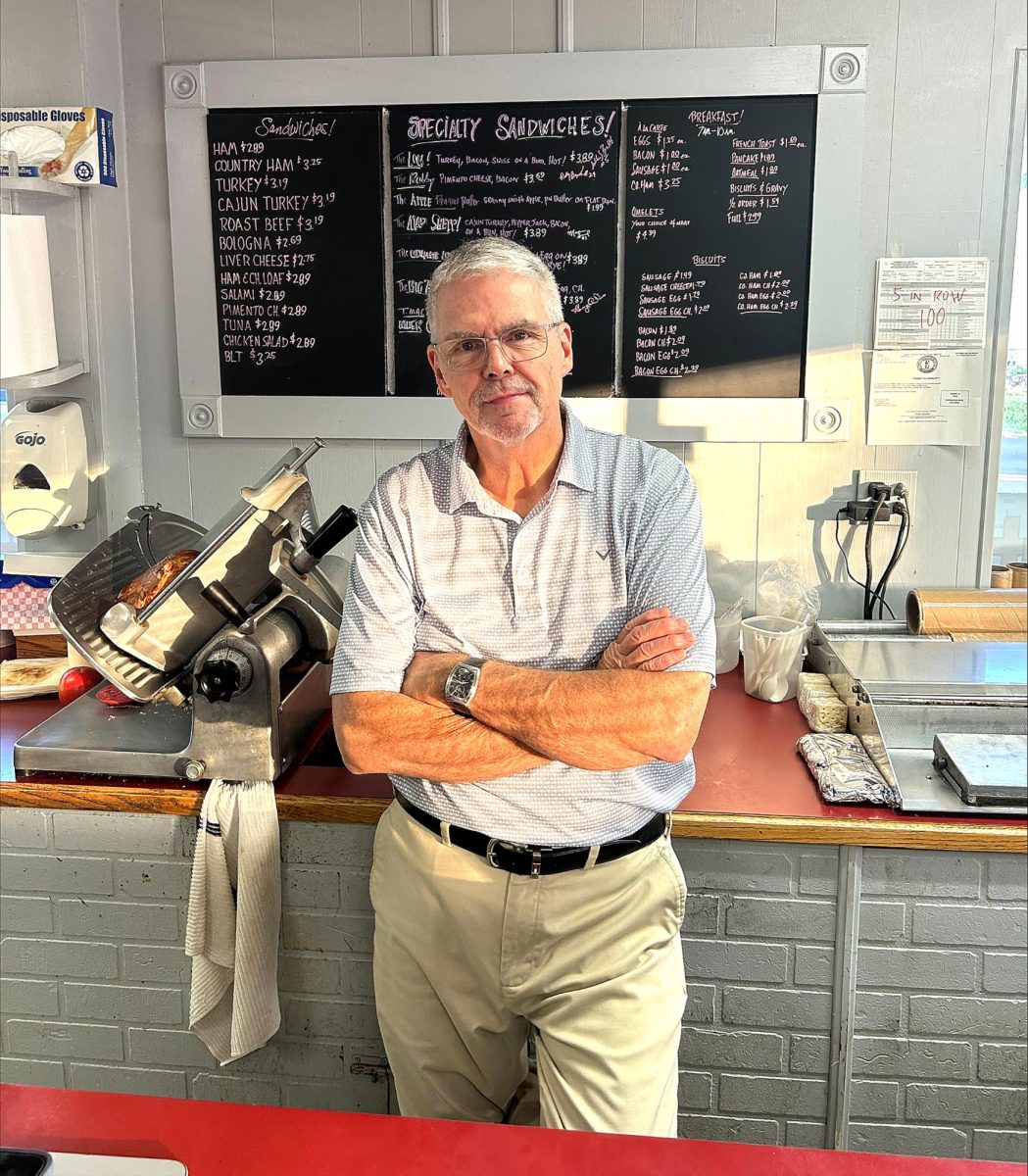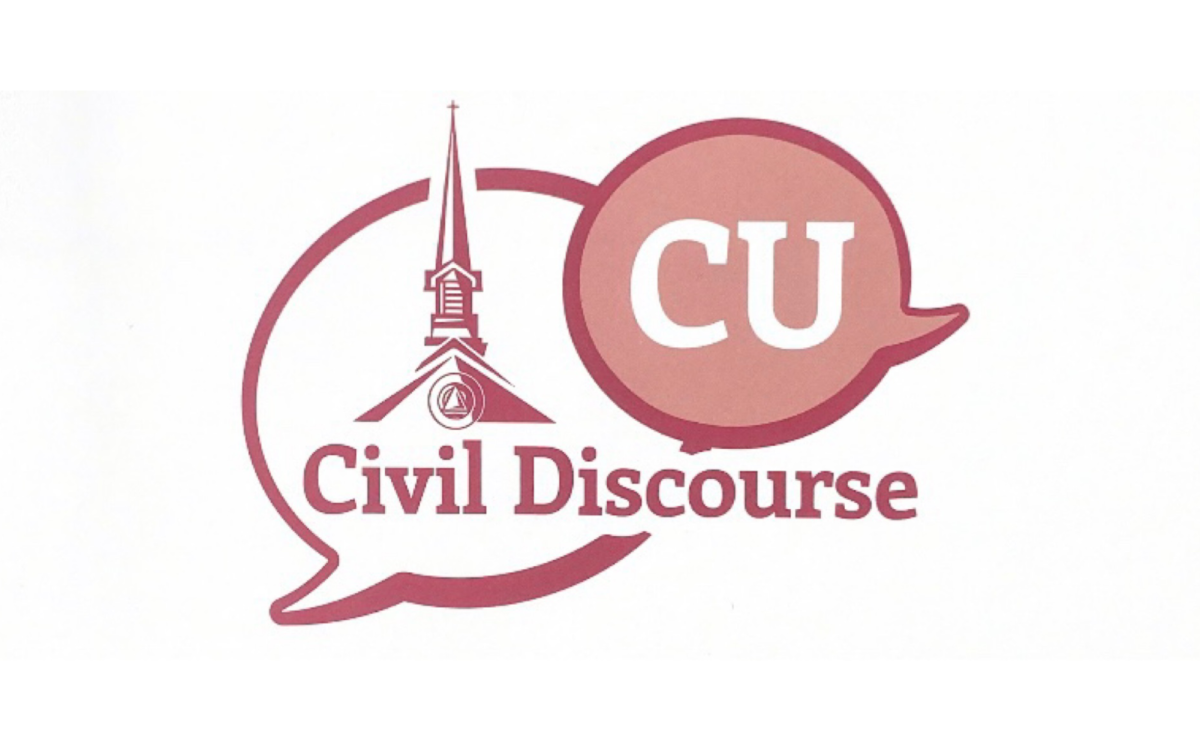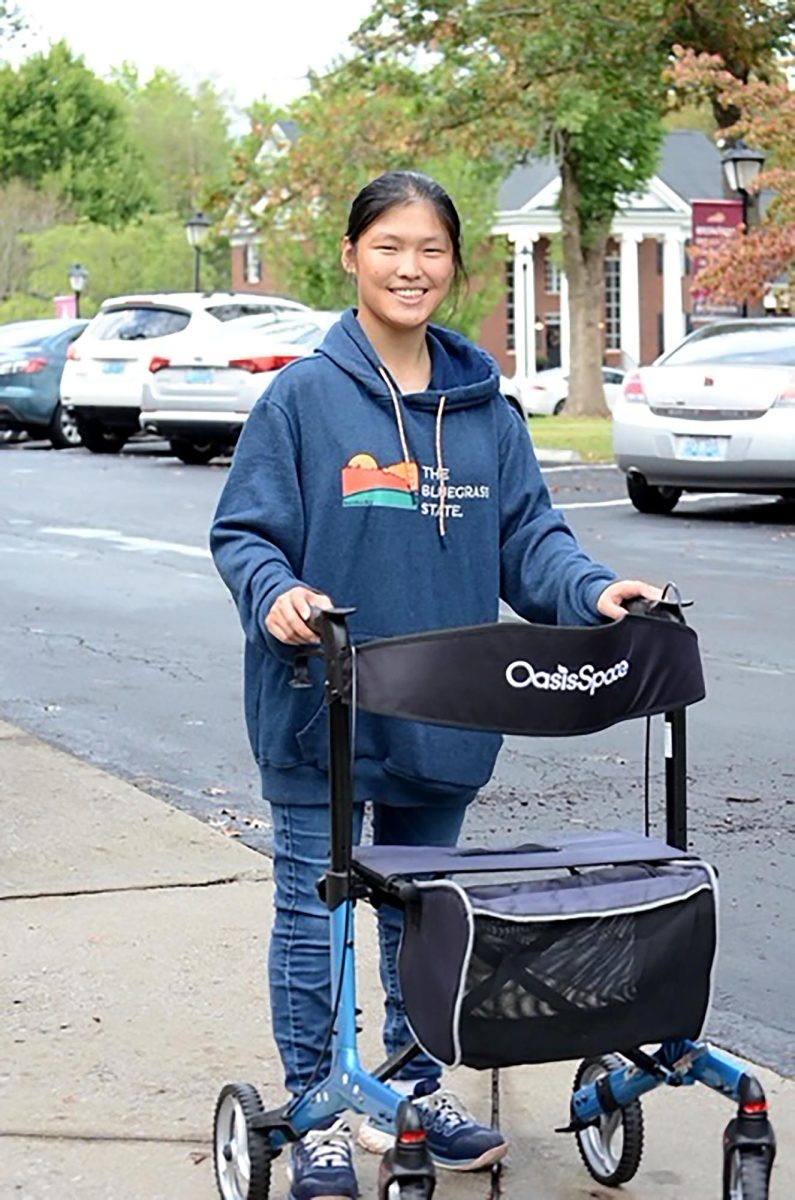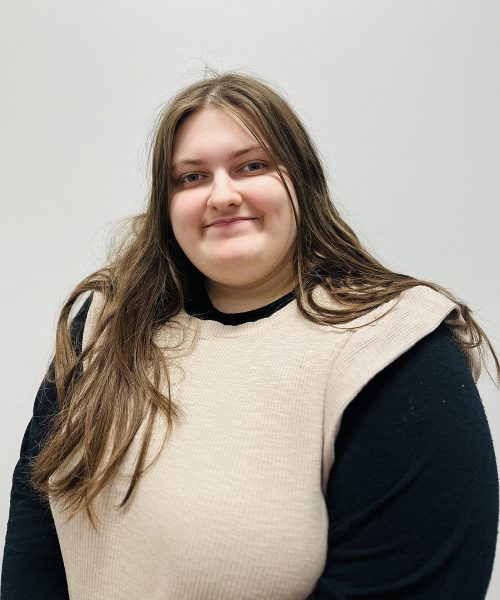On Tuesday, Nov. 5, more than 140 million Americans performed their civic duty and cast their votes after a contentious and long-winded election cycle. The anxiety-inducing night put American politics on full display as voters of each party fought tooth and nail to come out on top – discarding civility in the process. The aftermath has renewed the importance of empathy in discussions, not only in public spaces online but in everyday life.
Earlier this year, Campbellsville University announced its new Quality Enhancement Plan (QEP), shaped towards facilitating civil discourse on campus and within the community. Each college accredited by the Southern Association of Colleges and Schools Commission on Colleges must submit a QEP, consisting of ways to remediate key areas of concern in the institution and how to track its progress, to be considered for reaffirmation.
For the past two and a half years, Shaun Williams, lead professor of political science at CU, alongside other key faculty members, has been developing the QEP. As co-director of the plan, Williams specified that much of that time was spent actually defining the phrase itself, and adapting it to usage on campus.
“For Campbellsville University, we’re defining [civil discourse] as ‘open and honest communication between members of the same community with empathy and respect,” Williams said. “Our fear is that we’re living in a time where, increasingly, communication isn’t open and honest.”
Whether it’s becoming more prominent because of the free anonymity offered by the internet, or more visible thanks to the outstanding damage it has caused communities across the country, it’s almost impossible to avoid hostile engagement on even the simplest of topics. Civil discourse aims to come at these arguments from a different direction – one of understanding and fellowship.
“When we say that people are being civil, it literally means we’re treating each other as if we’re part of the same community,” Williams said, “as if we’re politically and socially equal to one another.”
At its barest, the plan means that every discipline will have complicated and hard questions, but will be able to facilitate positive discussions with empathy and respect, no matter the topic.
In April, there will be a “campus-wide debate” on this year’s theme, which is social media usage and its positive and negative consequences. The major question asked will be if the positives brought on by social media have outweighed the consequences.
Much of the QEP itself is designed to be molded to the needs of each faculty member and discipline. The idea of civil discourse reflects differently in each and every classroom – whether it’s a physics lesson, or a class directly involved in politics or ethics.
For Harlan Scott, chair of natural science and lead professor of biology, this year’s topic is tricky to tie in to.
“This year’s theme doesn’t translate as well into science,” said Scott. “In subsequent years, the theme is going to change.”
Each year, the QEP will see a new dynamic topic brought to the forefront – and every time, the university expects the question to become a little bit harder. CU will be using past input over proposed themes and timely social conversations to decide the subsequent theme sometime early next year.
“I think then, science would be able to have a little bit more input,” Scott said, “And potentially, [the topic] would affect science a little bit more.”
Areas closely intertwined with social media may find it easier to touch on this year’s topic in the classroom. For Jeannie Clark, chair and associate professor of mass communication, practicing civil discourse is essential inside and outside of the lecture hall.
“I think it touches everything that we do here,” said Clark. “No matter what discipline somebody is studying, no matter how they are trying to understand their world around them, communication is at the heart of everything we do.”
Clark said the appeal of anonymity and unfettered posting has created a “powder keg” in every major conversation in the outside world. Due to this and the rising prominence of social media in everyday life, knowing how to properly communicate amongst each other becomes even more important.
“For most people in today’s society, it’s hard to communicate without [a cell phone],” Clark said. “Knowing how to use an instrument like a phone, versus how to use your own voice to speak to someone in-person, versus how to communicate to a mass audience is a skill that everyone needs to learn.”
Outside of how the QEP will be utilized in classrooms, the plan itself has allocated funding for both faculty and students. It will finance travel for research and professional presentations related to civil discourse. Staff can apply for classroom funds, as can student groups hosting events related to the QEP.
“We’ve planned some opportunities,” Williams said, “but we’re hoping that students will also plan some of their own.”
For the university, the long-term goal of the five-year plan is to change campus, thus changing students, and in turn, the world.
“We should, as a university, think that it’s our purpose to prepare changemakers,” Williams said. “By training our students, our students enter into the world and they become agents for change.”
